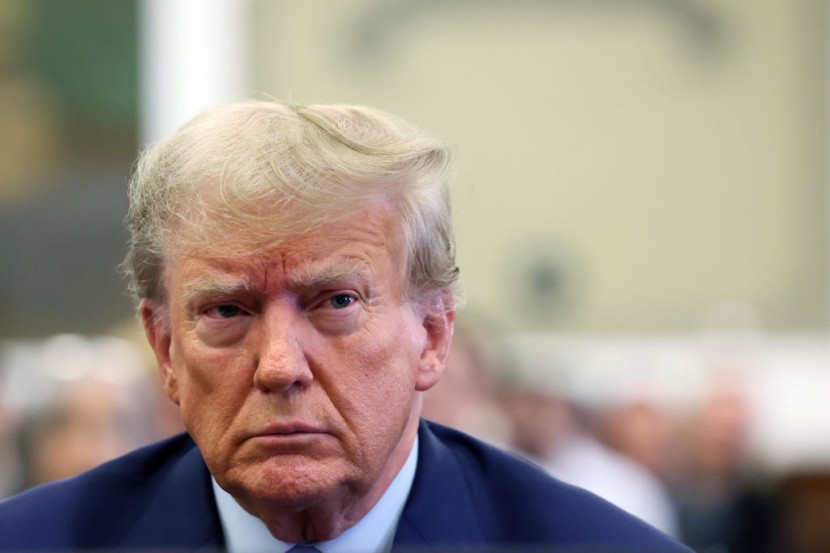
The United States Supreme Court declined to hear a longshot appeal to former President Donald Trump's right to appear on New Hampshire ballots in the 2024 election on Monday.
Several weeks ago, John Anthony Castro filed an appeal with the Supreme Court, claiming that the former president should be disqualified under a reading of a section of the U.S. The 14th Amendment to the United States Constitution.
Mr. Castro, a Texas lawyer running for president, alleged President Trump participated in an insurgency against the federal government as a result of the Capitol breach on January 6, 2021.
At the same time, he said that because he is a Republican candidate, having President Trump's name on the ballot hurts his ability to raise funds. Mr. Castro has raised exactly zero dollars and appears to have given his own campaign $20 million, according to Federal Election Commission records.
His plea to the Supreme Court comes as a number of left-wing activist groups have attempted to prevent the former president from appearing on state ballots, using arguments similar to Mr. Castro's, according to The Epoch Times.
More Blocks For Trump
The left-wing group Free Speech for People, for example, wrote to the secretaries of state in Florida, New Hampshire, New Mexico, Ohio, and Wisconsin, urging them not to include President Trump on their ballots.
Six Colorado voters also filed a lawsuit earlier this month to prevent him from appearing under their interpretation of the 14th Amendment, which was drafted in the aftermath of the Civil War. In the mid-nineteenth century, there was a civil war.
However, even Democratic secretaries of state appear to be reluctant to oppose President Trump on those grounds. Some legal scholars have also claimed that the 14th Amendment's insurrection provision was aimed at persons who fought for the Confederacy during the Civil War.
According to a recent Newsweek interview, Mr. Castro has filed cases in Alaska, Arizona, Idaho, Kansas, Maine, Montana, New Mexico, Nevada, North Carolina, Oklahoma, Pennsylvania, Utah, West Virginia, and Wyoming. He also plans to file court filings in Massachusetts and other states.
President Trump has not responded publicly to Mr. Castro's remarks. Trump spokesman Steven Cheung asked Newsweek about Mr. Castro a few weeks ago.
Mr. Cheung has been skeptical of lawsuits and efforts to keep him off the ballot based on 14th Amendment interpretations.
Election Interference?
In September, the former president stated on Truth Social that the 14th Amendment accusations are essentially "election interference" and "just another 'trick' being used by the Radical Left Communists, Marxists, and Fascists to steal another election."
Meanwhile, retired Harvard Law professor Alan Dershowitz claimed in an opinion piece during the summer that President Trump cannot be disqualified under Section 3 of the 14th Amendment. It's because "the amendment provides no mechanism for determining whether a candidate falls within this disqualification, though it says that" Congress can vote to "remove such disability" with a two-thirds majority in both the House and Senate.
Mr. Castro's lawsuit was heard by the justices on Oct. 2, the opening day of their new nine-month term. However, because similar litigation is ongoing in lower courts, this may not be the last time the Supreme Court is asked to consider the former president's 14th Amendment concerns.
Related article: New York Judge Rules Donald Trump, Sons Liable for Fraud in $250-Million Lawsuit








